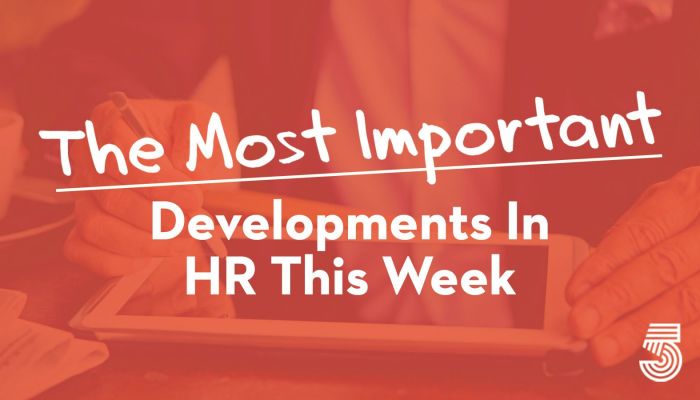The MID, as we call it, is curated by our editorial team from more than 50 news sources. Like a lot of good ideas, this started as something I wanted for myself. If I can’t read everything, I at least want to stay abreast of the most important developments.
This week in HR, we learned white-collar apprenticeships are a thing and HR has to become tech experts, Glassdoor named the 10 best companies for work-life balance, HBR revealed what high-performing teams do differently, and we heard personal stories behind the Great Resignation.

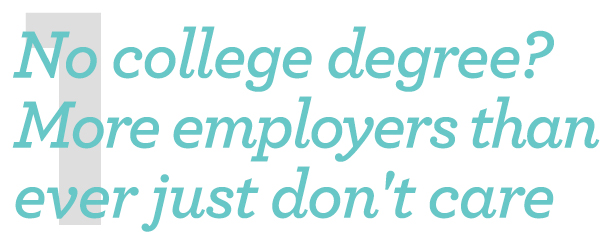
If you don’t have a four-year college degree, you’re hardly alone. The majority of U.S. working-age adults do not. You may assume you have little chance of developing a well-paying career with benefits and growth potential at a Fortune 500 company. After all, so many jobs require a Bachelor’s degree. But your chances may be better than you think, thanks to a growing network of white-collar apprenticeship programs that lead to jobs at blue chip employers, including big tech players like Google, Amazon and Salesforce. Such programs result in paid, on-the-job training, benefits, coaching and access to employee and alumni networks. CNN

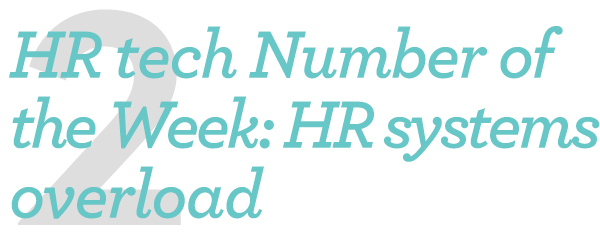
HR technology developers have introduced a vast array of new solutions and apps to provide employees with information, engagement and access to services, especially important as the COVID-19 pandemic continues to transform the world of work. However, this HR technology revolution has increased the number of HR modules at work inside of today’s organizations. According to a survey from Sapient Insights Group, the average organization now deploys 16.24 HR solutions. According to Sapient’s 2020-2021 HR Systems Survey White Paper, the average number in 2020 was 10.23 and 8.85 the year before. An increasing number of HR applications inside an organization can lead to more complexity for HR leaders. More HR solutions also mean a requirement for enhanced HR tech expertise, more software to maintain, more vendor contracts to manage, and more adoption and user support work. HR Executive

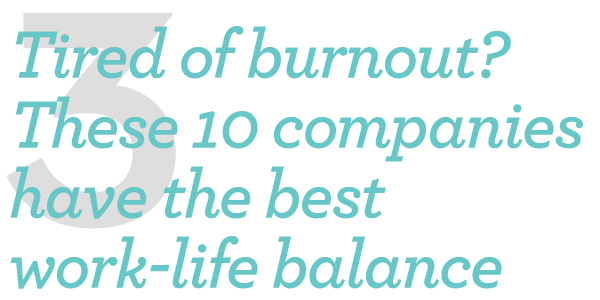
Burnout is fast becoming the next global health crisis as multiple reports chronicle the disturbing trend that’s partially a byproduct of remote work blurring lines between labor and life. On Glassdoor, mentions of “mental health” increased 143%, and “burnout” rose 100% since the beginning of the pandemic. Glassdoor’s analysts examined reviews on the platform from current and former U.S.-based full-time employees since March 2020 and found that there were some employers that were managing to keep their employees’ work-life balance healthy. According to its latest report, workers noted that flexible hours, generous time off, and transparency around mental health did much to preserve their well-being. (To find the full list, click on the link.) Fast Company

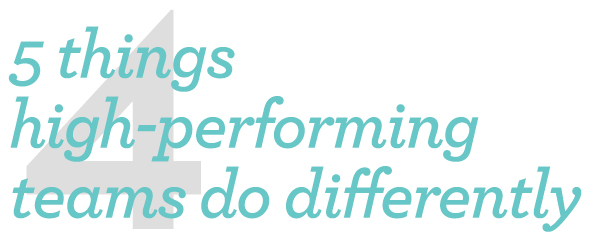
When it comes to building extraordinary workplaces and high-performing teams, researchers have long appreciated that three psychological needs are essential: autonomy, competence and relatedness. Decades of research demonstrate that when people feel psychologically fulfilled, they tend to be healthier, happier and more productive. So, what do high-performing teams do differently? Our study revealed five key differences, all of which highlight the vital role of close connection among colleagues as a driver of team performance. High-performance teams are not afraid to pick up the phone and communicate more in general. They are more strategic with their meetings. They invest in time bonding over non-work topics. They give and receive appreciation more frequently. They are more authentic at work, expressing both positive and negative emotions. HBR

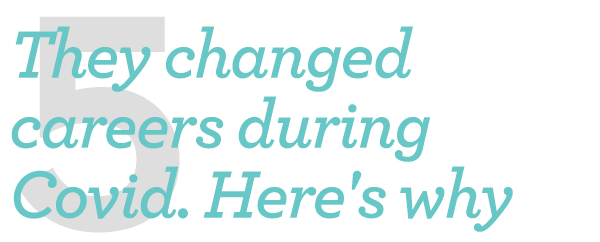
Sara Web was caring for animals at zoos and aquariums before shifting to her current job as a death doula, assisting terminal patients. Brandon Aiels, once a restaurant owner, now drives an Amazon delivery truck. Americans are leaving their jobs in record numbers for new ventures, whether it’s because of a change of heart or a need to survive. In August, 4.3 million workers called it quits, according to the federal Bureau of Labor Statistics. From the hospitality industry to health care, people across the U.S. are changing course — and in many cases, leaving jobs unfilled. NBC News asked people to share their stories if they have switched careers during the pandemic or are planning on quitting their jobs. Here’s what they said. NBC News







